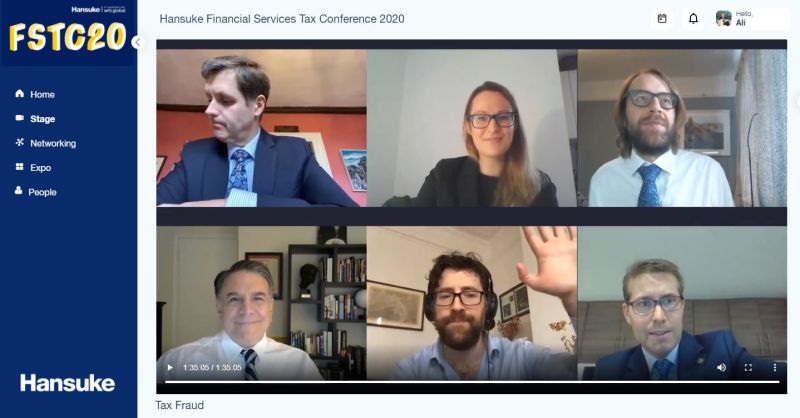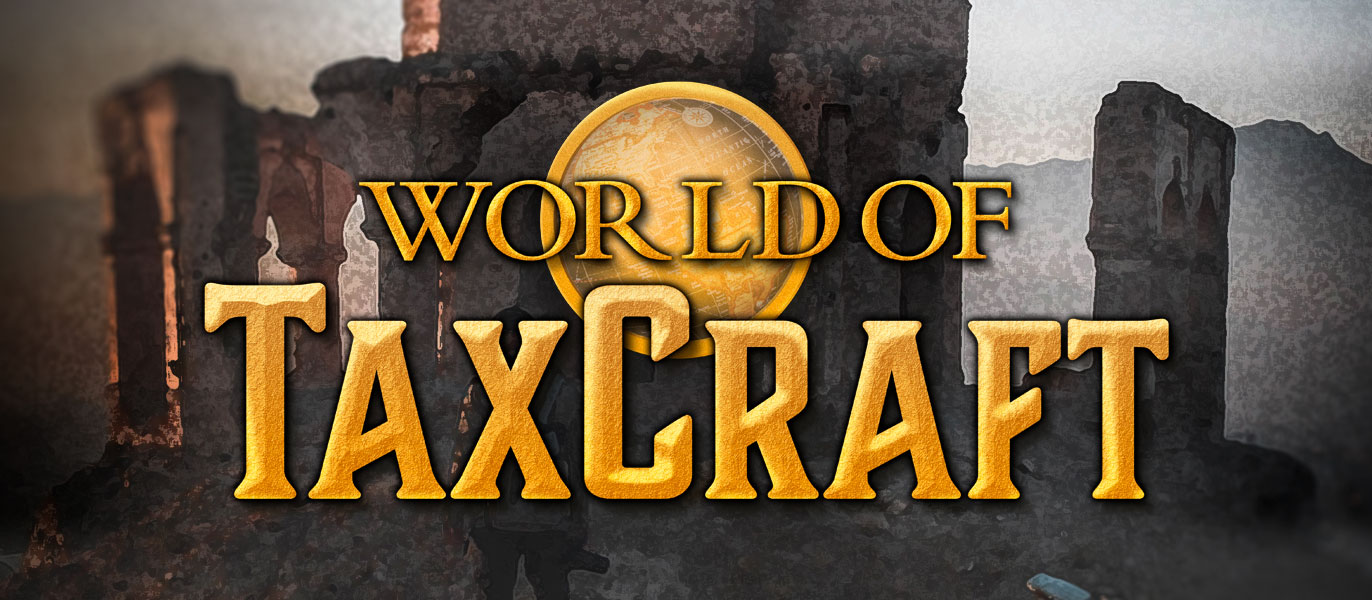
by George Turner | Nov 23, 2020
Our Director, George Turner was recently asked to speak on a panel at the Hansuke Financial Services Tax Conference, during a session on tax fraud. The panel was moderated by Alice Kemp, Barrister at RPC and included Simon York, Director of the Fraud Investigation...

by George Turner | Feb 3, 2020
Netflix’s latest earnings report, published on 21 January, showed that 2019 was another bumper year for the company. Revenue in the 4th quarter was up 31% on the previous year, with the company clocking up $20bn in revenues worldwide over the course of the year....

by George Turner | Aug 4, 2019
Activision Blizzard, the publisher of hit games Call of Duty, World of Warcraft, and Candy Crush, moved €5bn to companies in Bermuda and Barbados between 2013-2017. The report World of Taxcraft details how the corporate structure of Activision Blizzard, which includes...

by George Turner | Aug 4, 2019
How Activision Blizzard has moved billions of dollars of profit into tax havens 4th August 2019 Activision Blizzard, publisher of hit games Call of Duty, World of Warcraft and Candy Crush moved €5bn to companies in Bermuda and Barbados between 2013-2017, documents...

by George Turner | Jul 28, 2019
Rockstar Games, the creator of Grand Theft Auto, has made an estimated $5bn in operating profit since the release of Grand Theft Auto V in 2013. The game was designed and developed in the UK by Rockstar North Limited based in Edinburgh, but TaxWatch can reveal that...






